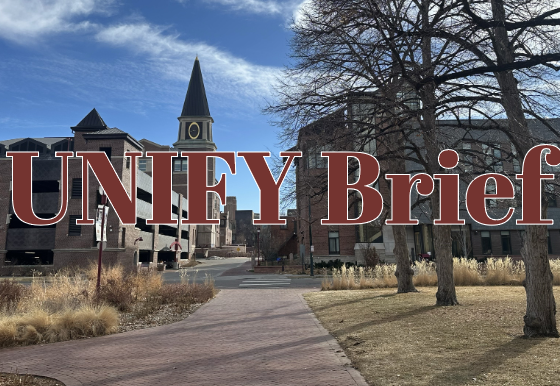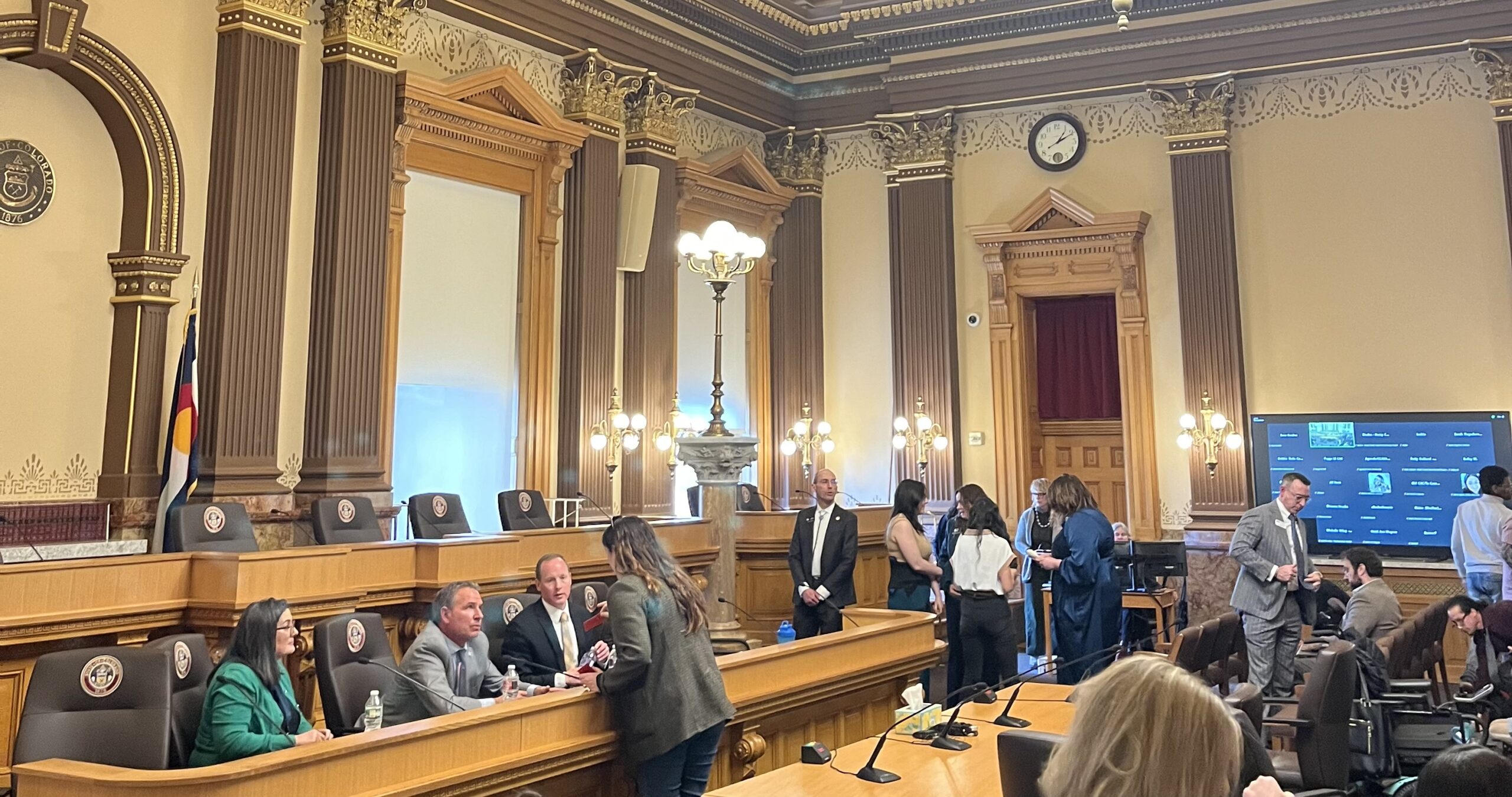 Photo by: Greg Lau
Photo by: Greg Lau
Suicide is the second leading cause of death among college students. DU’s Health and Counseling Center has been offering training sessions that highlight the warning signs a person contemplating suicide will show, as well as what can be done to prevent suicide.
The most recent session was led by Katie Dunker and Terri Osborn on Wednesday in the Sturm College of Law. It is their eighth session this year. The sessions have trained a total of 254 DU community members, including all resident assistants. In the past two years, there have been two suicides on campus, one male and one female.
According to Dunker and Osborn there is one suicide every 16.7 minutes in the United States and about 30,000 suicides annually. The state of Colorado has the seventh highest suicide rate in the country.
While females are more likely to attempt suicide, the group most at risk to actually go through with suicide is 21-year-old white males. Nine out of 10 completed suicides are carried out by a male, and eight out of those 10 are white.
Despite the grim statistics, suicide is the most preventable type of death, experts say, and there are easy ways to recognize warning signs. Only 20 percent of people who commit suicide are receiving mental help, but 90 percent make their intentions known beforehand.
Most often these intentions are not conveyed to a health care professional but are given to a close friend or family member, so it is important for everyone to know what to do if they are placed in that situation.
“Most people don’t know even the signs and symptoms of suicide,” said Dunker. “The skills we teach in the sessions are very practical and can be used by anyone. B I also believe that suicide and mental health are topics that people want to know more about but simply don’t want to ask or seek out information. Our society unfortunately doesn’t discuss these important topics very openly.”
If you suspect someone may be considering suicide, it is important to ask them directly whether or not they intend to commit suicide, said the trainers. Asking someone directly about suicidal intent lowers anxiety, opens up communication and lowers the risk of suicide. The Health and Counseling Center offers programs as often as the opportunity presents itself and are willing to work at department meetings, residence hall floor meetings, student organization meetings and Greek chapter meetings.
“While we will continue to offer community programs that are open to anyone, we’d really like to have more organizations request the presentation for their group/department, etc.” said Dunker.
Dunker and Osborn believe that the session held at the law school was encouraging. Faculty staff and students were all present at the event. “I know it’s cheesy,” said Dunker, “but even educating one person can make a difference.”
Those interested in a presentation for their own organization should contact the Health and Counseling Center.











